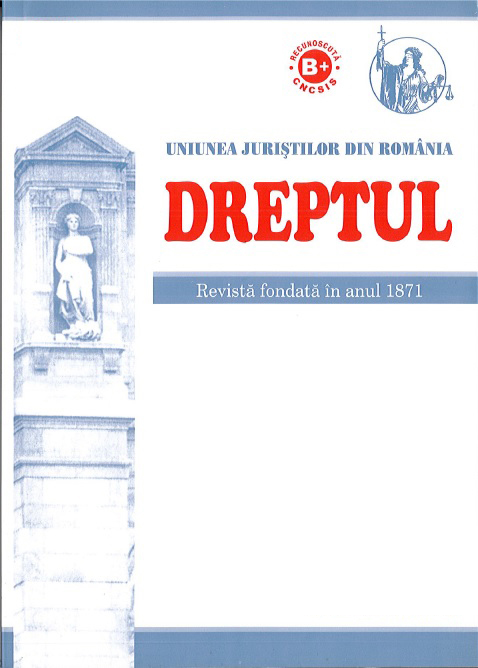According to the relevant legal literature, public property and private property are the two typical –
indeed, the only – manifestations of the same subjective right. For this reason, public property rights are
stereotypically defined, in a manner analogous to how we define the right to private property, as the
interfusion of the three classical elements (powers) of property – usus, fructus, and abusus – which are
understood to be exclusive, absolute and perpetual. Moreover, it is claimed that the private
appropriation of goods does not boil down to individual property, and that the collective appropriation of
goods is mediated by the State, which is the legal expression of the community’s collective will. These
ideas are not free from criticism. The three powers of property coalesce to define an act of exclusion,
and one which necessarily presupposes an individualistic slant to the legal construction of property. By
giving account of itself in such a way, this species of subjective right cannot, while also remaining true to
itself, be private in certain cases, and public in others. The exclusive right to property, precisely because
it is conceived to be exclusive, presupposes and individual owner. In doing so, it precludes any form of
collective ownership. Therefore the legal framework within which public property is currently defined
reveals a powerful internal contradiction, which is not without practical consequence. For these reasons,
the right of public ownership, being what it now is, cannot truly be a means to the collective
appropriation of goods by the community. And this is because any form of collective ownership cannot
be compatible with „all” the exclusionary and discretionary powers afforded to the individual proprietor
by the private right of ownership.
DREPTUL DE PROPRIETATE: ÎNTRE INDIVIDUALISM ȘI COLECTIVISM
15.00lei


